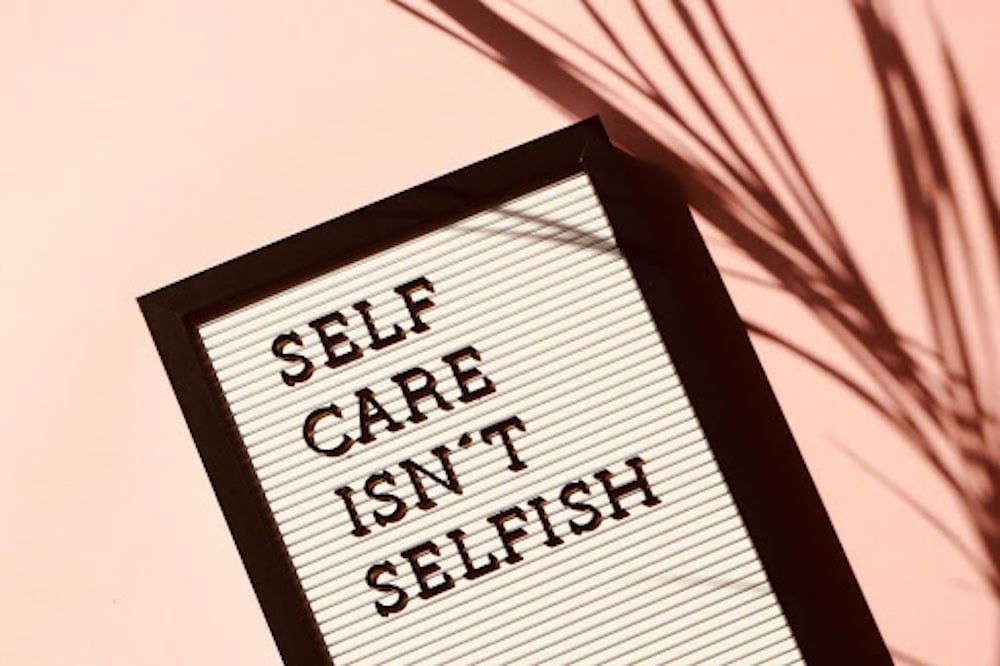The evidence is mounting in favor of health supplements, as more studies indicate they can and do provide a host of benefits – including a boost to the immune system, or even relief from particular medical conditions.
A couple of decades ago there was quite a fierce debate among healthcare professionals over whether even something as simple as a multivitamin should be recommended for the general public.
Today, those debates are mostly over as an increasing number of experts agree that various multivitamins or mineral supplements can help fill nutritional gaps and improve general health. But there are many more health supplements than good old-fashioned vitamins.
On the market now are GMP-certified products that can either help prevent, or help reduce the severity of anything from hemorrhoids to impaired memory. The vast majority of these scientifically certified supplements are 100% vegan friendly and also contain 100% natural ingredients.
Some people don’t see a problem with supplements and are happy to take an Omega-3 capsule every day, for example, as a preventative measure. But there are still those who resist such products…or go as far as to dismiss them as nothing more than moneymaking scams.
To be fair, there have been some unscrupulous actors in the health food market which includes supplements, but the industry is much better regulated today than in the past, and with the web, it’s very easy to do your own research to confirm whether or not the scientific consensus agrees that a particular supplement will be beneficial to you.
You should also, of course, always speak with your doctor about supplements you plan to take and follow their advice – but it gets tricky when you consider taking a supplement for hair growth, as an example.
Your doctor will probably look at the supplement and say something to the effect of, “Well, I don’t know of any peer-reviewed studies related to this. But that doesn’t mean it won’t be helpful. And it certainly doesn’t look like it will cause any harm.”
This ambiguity can be difficult for some people to accept, but we are each unique individuals with a body that responds very differently to different foods and medicines. One person may find – for example – a pain-control medication to be completely ineffective, while another person may find the same medication overwhelming. The point is that many times a medicine or a health supplement comes down to whether or not it works for you.
Other times, however, the evidence is clear – as in the case of the aforementioned Omega-3, which has oodles of research behind it demonstrating its efficacy for possible reductions in cardiovascular diseases. You could get such Omega-3 via fatty acids in selected seafood and fish. But for some people that isn’t feasible – for whatever reason. And for these people, choosing to take an Omega-3 supplement each day may alleviate concerns they have about so-called ‘good cholesterol’ or fears related to their blood pressure.
The science behind research-backed supplements has come a long way and the formulas now being used have been put to the test more rigorously than at any previous time in history. It’s quite incredible what some of these formulas may be able to help with.
Many are likely aware that action movie star Bruce Willis has retired from his career after being diagnosed with aphasia, which is a memory disorder that affects language and communication – but generally not the intelligence of a person suffering from it.
As one can imagine, living with aphasia is extremely frustrating for patients as it often affects their ability to not only speak, but also to read, write, or even understand language altogether.
Newer supplements called nootropics are showing great promise in supporting the brain in a variety of ways. These include boosting mood and motivation, enhancing mental performance, and in general, helping provide a clearer and more focused feeling…exactly what someone suffering from aphasia could benefit from.
What’s important to remember is that any type of supplement – from a multivitamin to a capsule of witch hazel – is not intended to be a stand-in for conventional medicine, but rather to supplement it. No one is suggesting you ditch your doctor-approved meds and go completely herbal.
In addition to general multivitamins and omega-3s, consider incorporating a curcumin supplement into your health regimen. Curcumin, the active compound found in turmeric, has powerful anti-inflammatory and antioxidant properties. It has been shown to help reduce inflammation, support joint health, and even boost cognitive function. As with any supplement, it’s important to follow the recommended dosage and consult with a healthcare professional before introducing a curcumin supplement to ensure it aligns with your overall health goals and need
In Asia, traditional medicine (especially traditional Chinese medicine), is very often used in tandem with Western medicines. For example, a person suffering from a muscle condition would first visit a sports doctor and perhaps even receive a steroid injection before going to an acupuncturist and getting some packets of herbs to take after meals.
These two approaches to treating medical conditions should be complementary – not antagonistic. Of course, if your doctor tells you that a certain supplement is not suitable for you for whatever reason, you should listen to them and follow their advice, but a general consensus has begun to form around health supplements.
That consensus is pretty much common sense: if something has the potential to be helpful – and a very low or no potential for being harmful – there’s really no reason not to see if it works for you.


